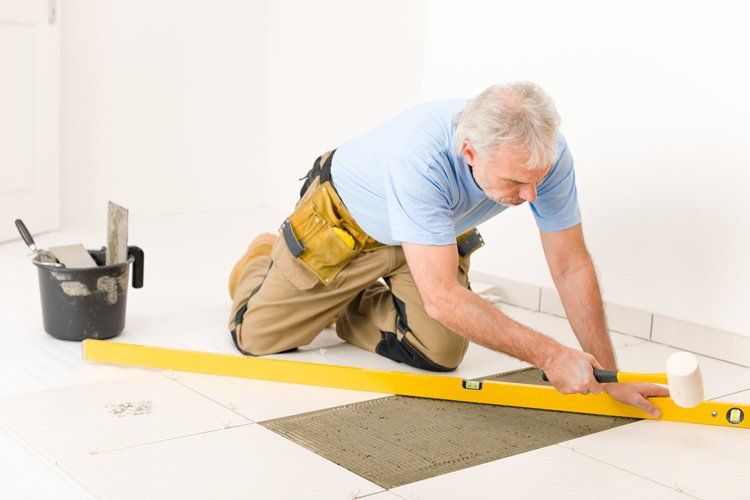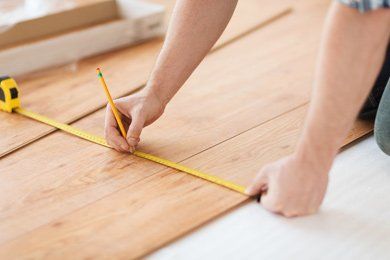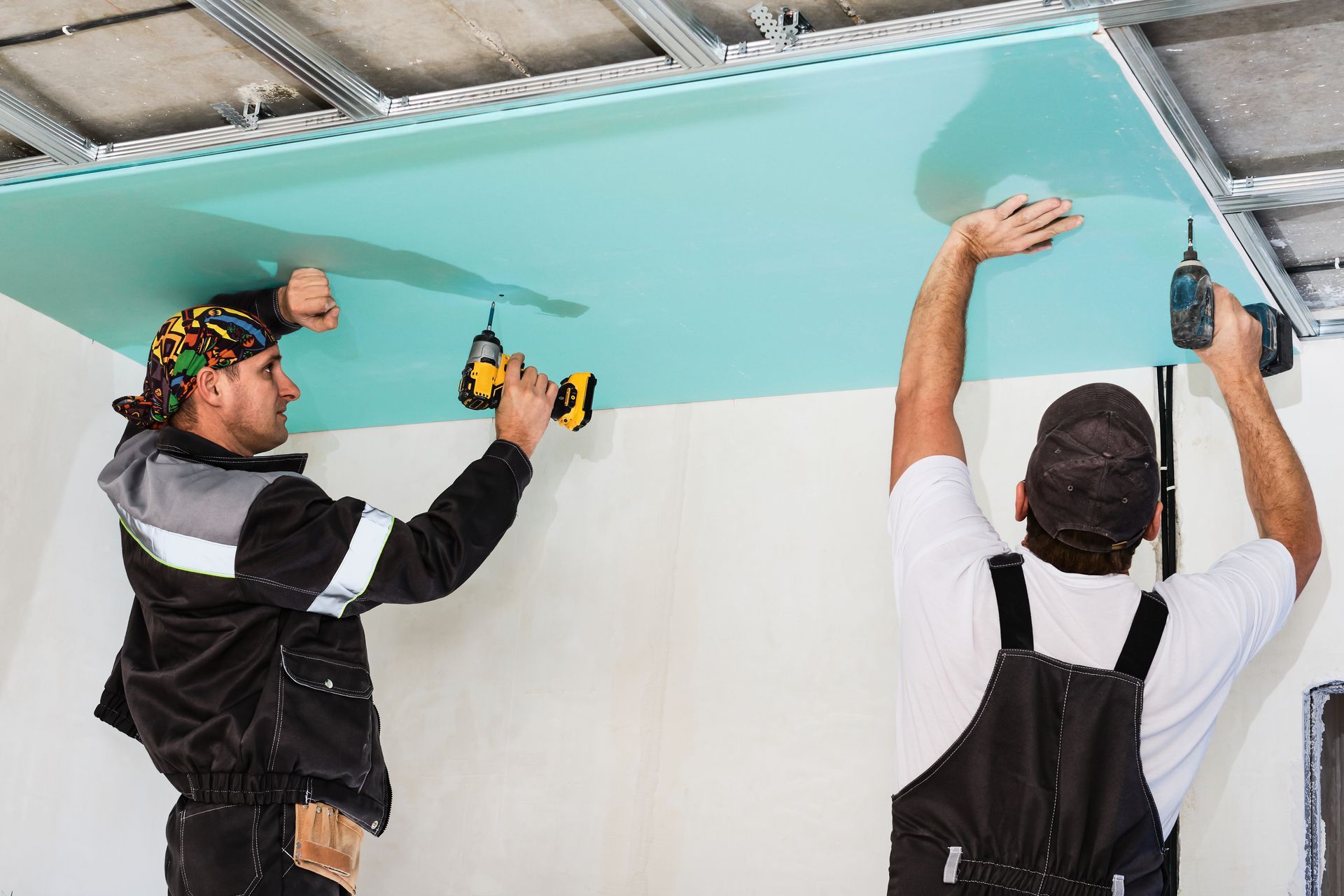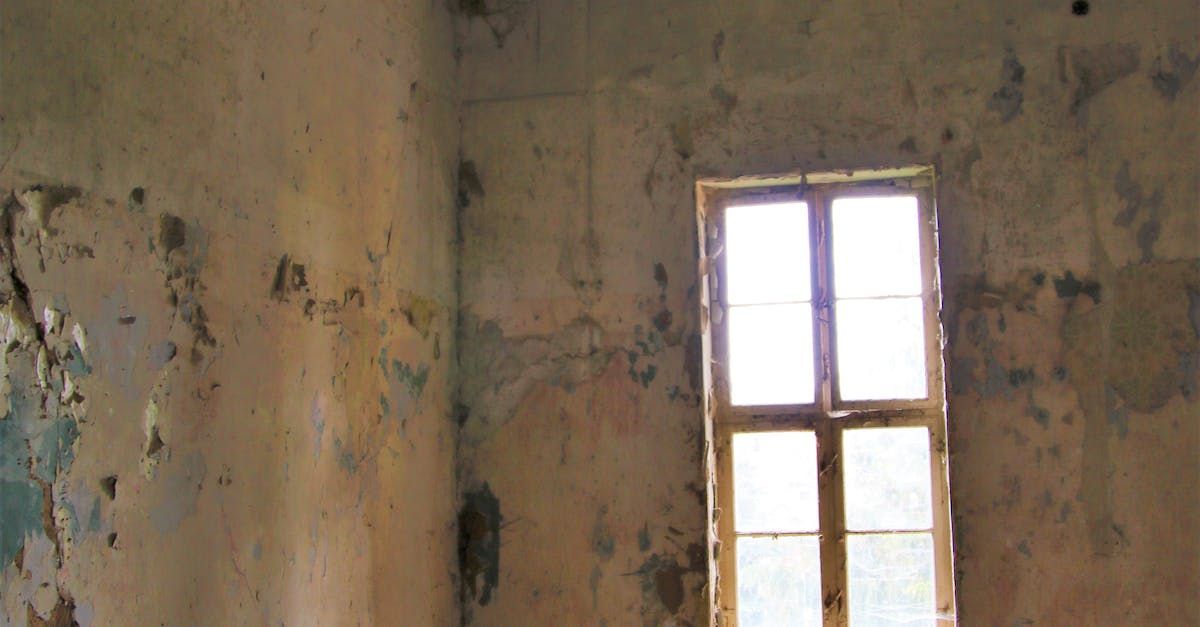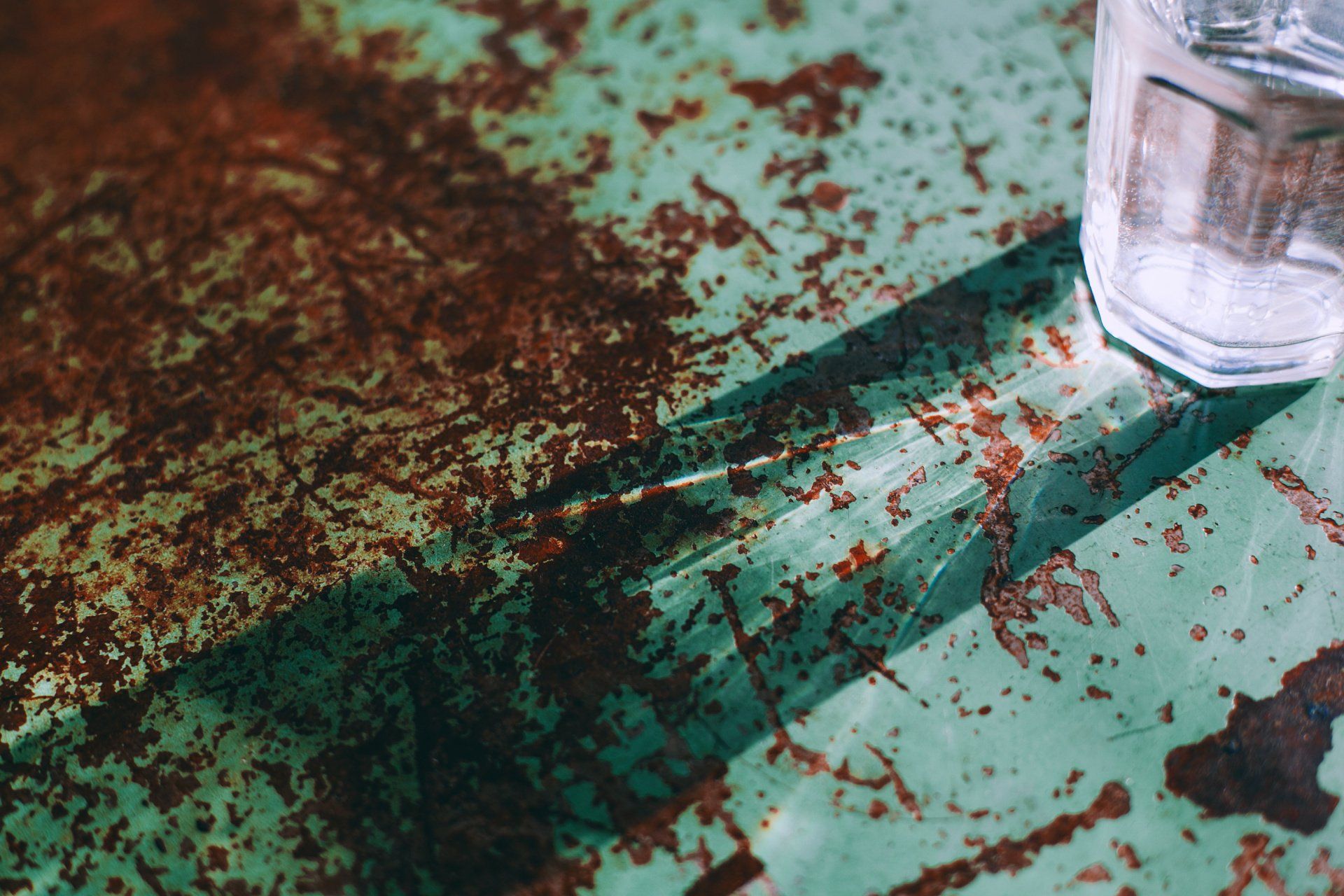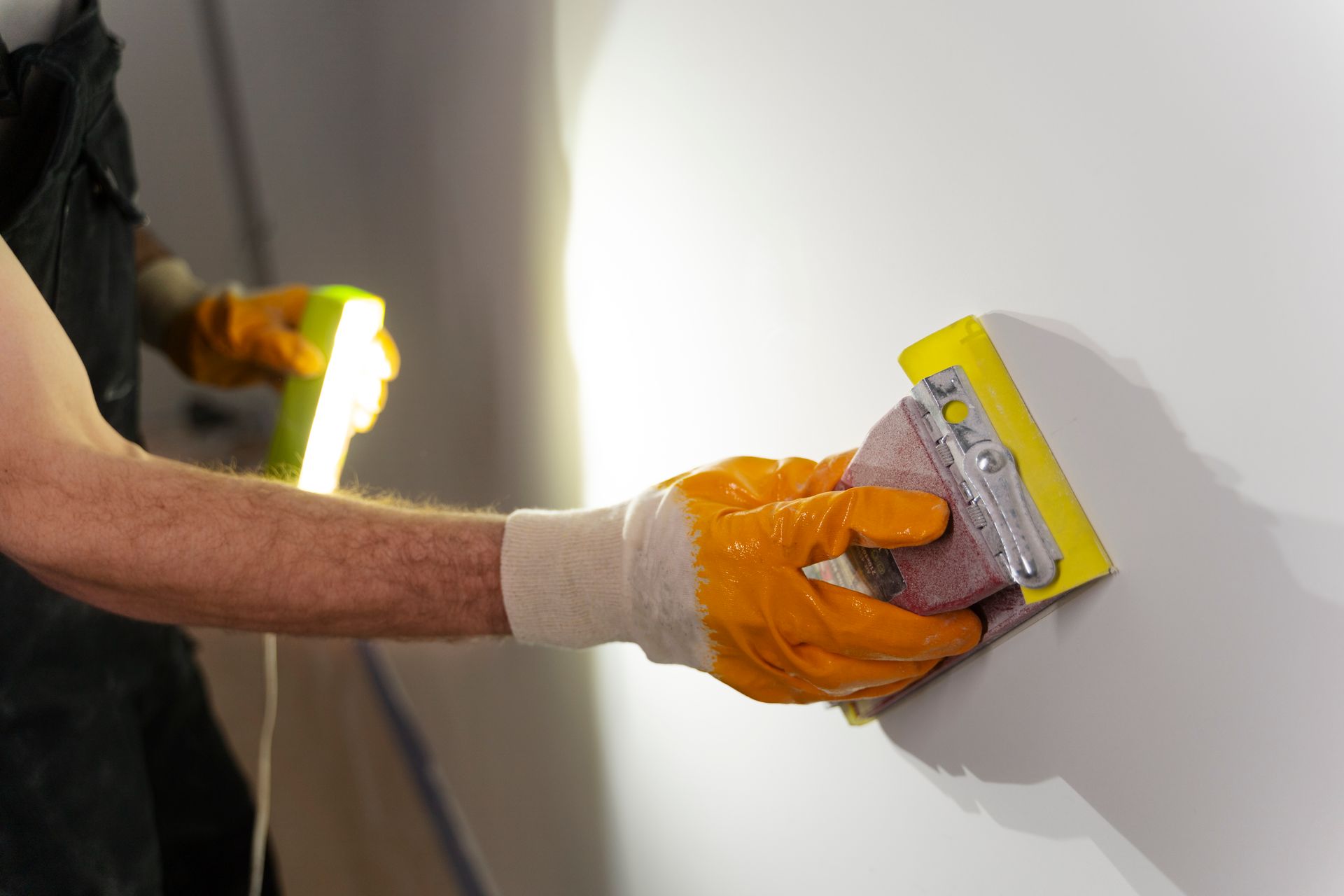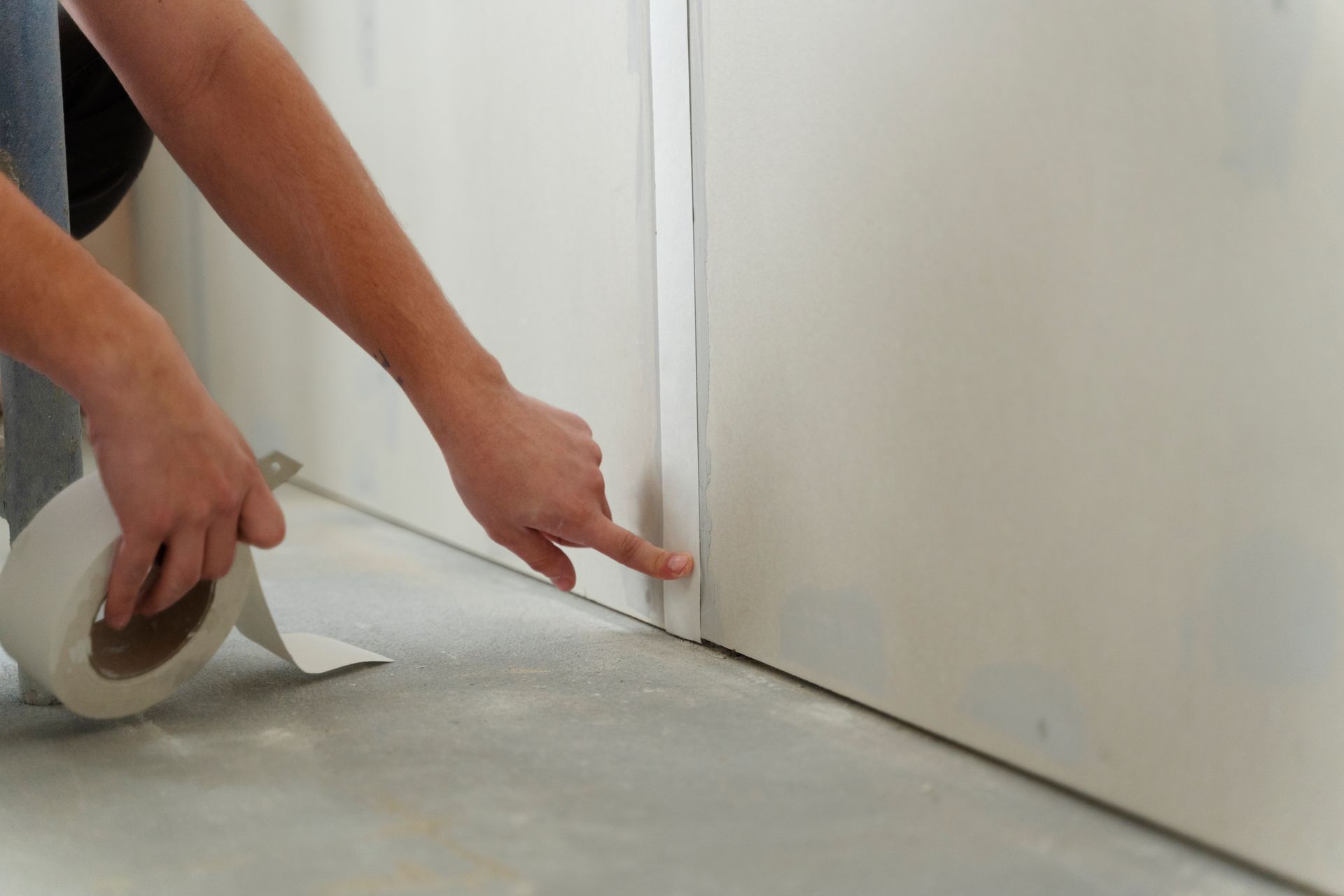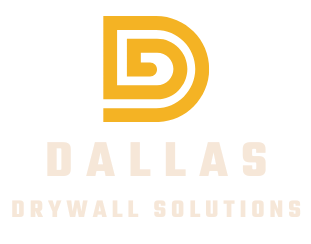How to Fix Drywall Holes and Cracks Easily?
How to Fix Drywall Holes and Cracks Easily | Dallas Drywall Solutions
At Dallas Drywall Solutions, we understand that dealing with damaged drywall can be frustrating. Whether it's a small dent, a large hole, or unsightly cracks running along your walls, these imperfections can significantly impact the appearance of your home. But don't worry—we’ve got you covered. Let’s walk you through everything you need to know about drywall, how it’s installed, why it cracks, and how you can fix these problems yourself or hire a professional for seamless results.

A Basic Understanding of Drywall
Drywall, also known as plasterboard or wallboard, is a construction material made of gypsum plaster sandwiched between two thick sheets of paper. It’s widely used in residential and commercial buildings because it’s lightweight, affordable, and easy to install. The smooth surface of drywall is perfect for painting or applying various textures, making it a popular choice for walls and ceilings.
How Drywall is Installed
Drywall installation is relatively straightforward for professionals. Typically, the process includes:
- Measuring and Cutting: Drywall sheets are cut to fit the dimensions of the wall or ceiling where they’ll be installed.
- Fastening: The drywall is fastened to wall studs or ceiling joists using screws or nails.
- Taping and Mudding: Once the sheets are in place, joints between the panels are covered with drywall tape and a compound called "mud" to create a seamless surface.
- Sanding and Texturing: After the mud has dried, the surface is sanded to smooth out any imperfections. A texture can be added at this stage if desired.
- Painting: The final step is painting or applying any finishing touches.
Drywall installation may seem easy, but achieving a flawless finish requires skill and experience, which is why many homeowners prefer to hire professional drywall contractors. To learn more about drywall installation and insulation, check out this blog.
Why Does Drywall Crack or Get Holes?
Even though drywall is durable, it's not indestructible. Over time, it can develop cracks or holes due to various factors, including:
- Settlement of the House: As your home settles over time, the movement can cause stress on the drywall, leading to cracks, especially along joints and corners.
- Temperature and Humidity Changes: Fluctuations in temperature and humidity cause the drywall to expand and contract, which can eventually cause cracks.
- Accidents: Everyday mishaps like moving furniture or slamming a door can create dents, dings, or holes in the drywall.
- Water Damage: If your home experiences leaks, water can weaken the drywall, causing it to bubble, warp, or break apart.
How to Fix Holes and Cracks in Drywall
Fixing Small Cracks and Holes (DIY)
For minor damage, you can try some simple DIY fixes:
- Small Cracks: Use a putty knife to fill the crack with joint compound. Smooth it out and allow it to dry. Once dried, sand it smooth, and then paint over the area to match the rest of the wall.
- Small Holes (Less than ½ inch): Fill the hole with spackle using a putty knife. Smooth it out, let it dry, then sand and paint. Spackle is perfect for tiny dings and nail holes.
Fixing Larger Cracks and Holes (DIY)
For larger holes or significant cracks, the repair process is a bit more complex but still manageable:
- For Medium Holes (1/2 to 5 inches): First, use a drywall patch or mesh tape to cover the hole. Then apply a few coats of joint compound over the patch, smoothing it out with a putty knife. Sand after each coat dries until the surface is smooth and ready for painting.
- For Large Holes (Over 5 inches): You'll need to cut out the damaged section of drywall and replace it with a new piece. This involves measuring and cutting the replacement piece, securing it in place, and applying joint compound and tape to blend the edges seamlessly. Once the mud is dry and sanded, paint over the repair.
While DIY methods can be effective for small to medium repairs, large cracks and holes often require professional attention to ensure a perfect finish.
DIY vs Professional Drywall Repair
While you may be tempted to tackle drywall repair on your own, there are times when professional expertise is essential. Here’s a quick breakdown of when it’s best to DIY and when to call in the pros:
DIY Repairs
- Pros: Cost-effective for small repairs, such as tiny cracks and holes.
- Cons: Results can be inconsistent, especially with larger repairs. Matching the wall texture and paint can be tricky.
Professional Repairs
When it comes to significant damage or ensuring a flawless finish, calling in professional wallboard contractors or drywall companies like Dallas Drywall Solutions can save you time and frustration.
- Pros: Professionals have the tools, experience, and skills to fix large cracks and holes efficiently. They’ll make sure your wall looks perfect, and they can also assess if there are underlying issues causing the damage (like water leaks).
- Cons: The cost of hiring professionals is higher than DIY, but you’re paying for quality and peace of mind.
At Dallas Drywall Solutions, we pride ourselves on providing expert drywall repair in Dallas TX. Our team can handle any drywall issue, from minor drywall hole and crack repair to major restoration projects. We take care of everything from start to finish, ensuring your walls are restored to their original beauty.
Cost and Time Required for Fixing Drywall
The cost and time to repair drywall depend on the size and extent of the damage:
- Small Holes and Cracks: DIY repairs for small holes and cracks cost anywhere from $10 to $50 for materials (spackle, joint compound, sanding supplies, etc.) and can be completed in a few hours.
- Medium Holes and Cracks: For medium-sized damage, expect to spend between $50 and $100 on materials. If you're hiring a professional, the cost may range from $100 to $300 depending on the job.
- Large Holes and Cracks: Large holes or extensive damage can cost $300 to $500 or more if you’re hiring a professional drywall contractor. These repairs can take a full day or more, depending on the complexity of the job.
Conclusion
Drywall damage is an inevitable part of homeownership, but the good news is that it’s fixable. While small cracks and holes can be repaired with some DIY effort, larger issues are best left to the professionals. At Dallas Drywall Solutions, we’re here to help with all your drywall repair needs in Dallas, from minor fixes to full-scale renovations. Give us a call to discuss your project and receive a free quote today!
Ready to work with Dallas Drywall Solutions?
Let's connect! We’re here to help.
Send us a message and we’ll be in touch.
Or give us a call today at 972-362-9799

